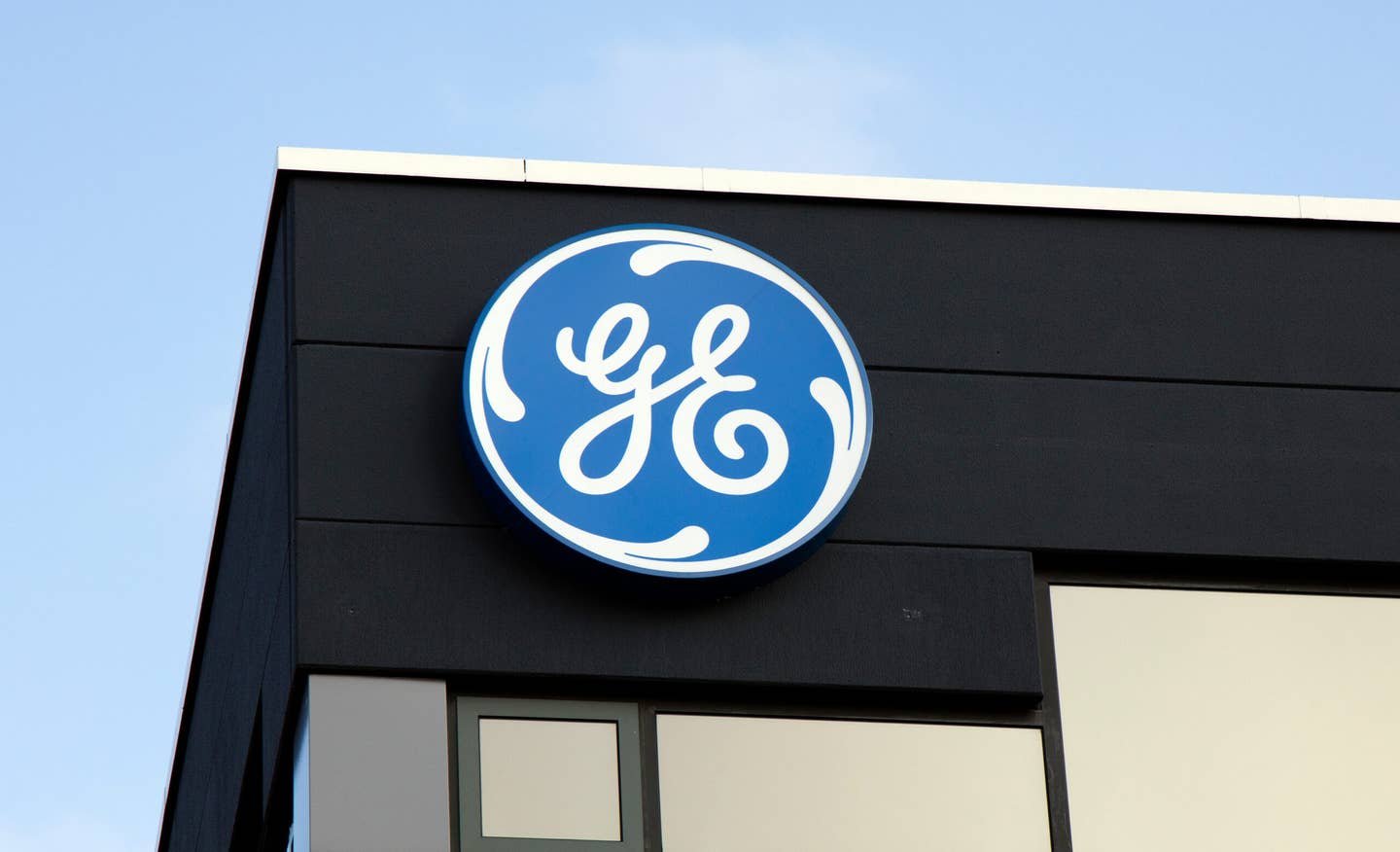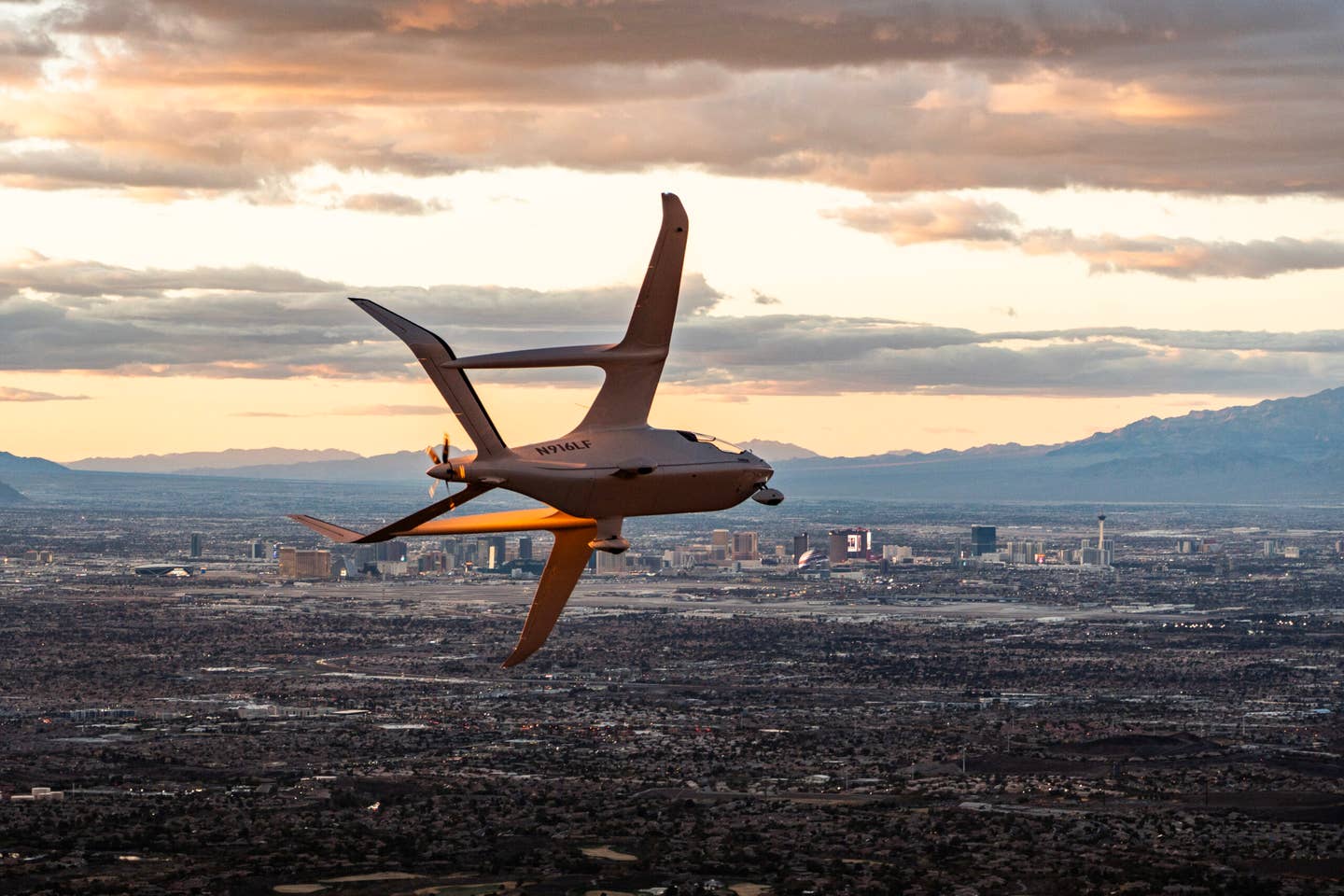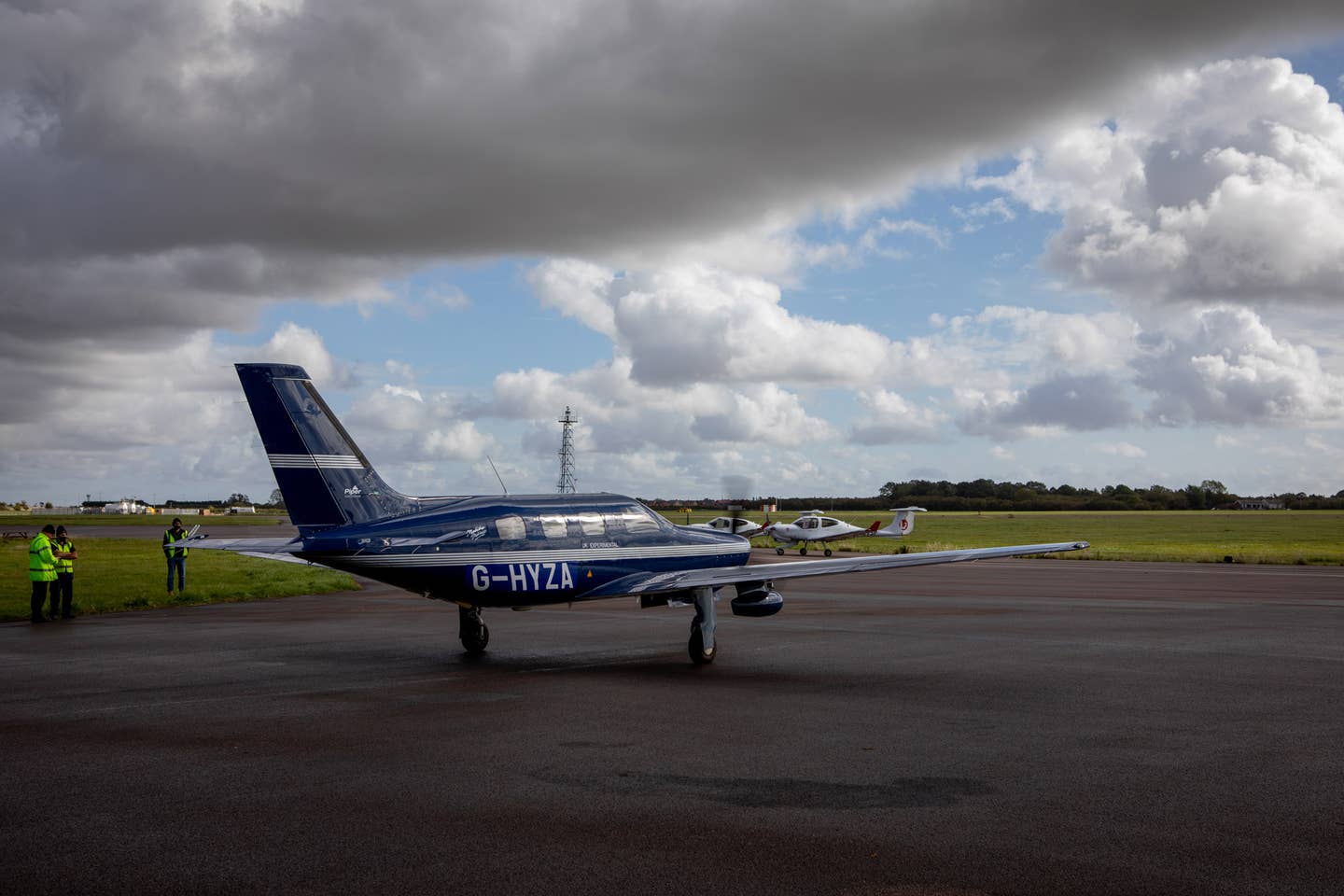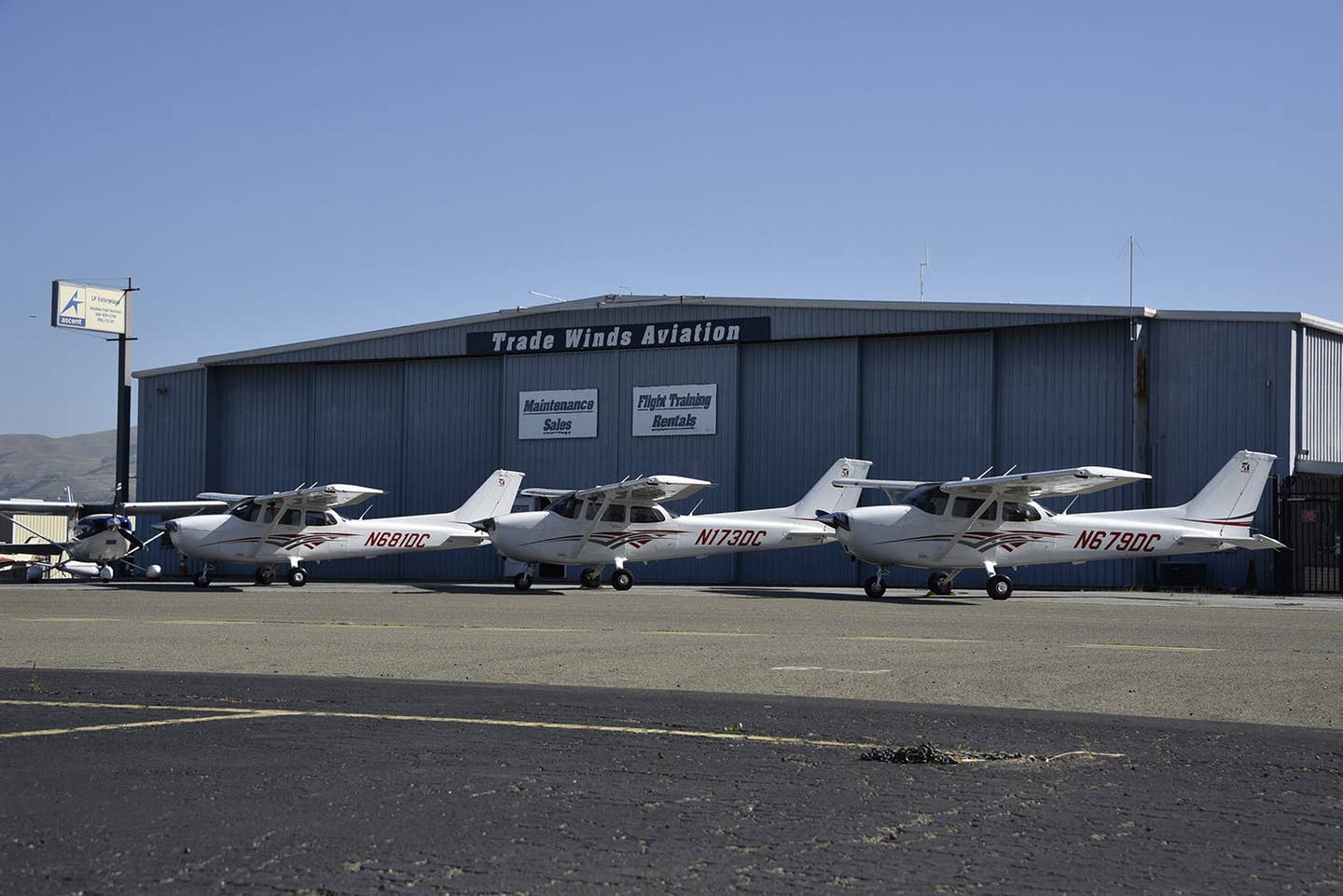GE Reports Better-Than-Expected Earnings, Anticipates Headwinds
Company says it’s optimistic, but is working through Inflation and ‘other evolving pressures.’

[File photo: Shutterstock]
In its first-quarter earnings results call Tuesday, General Electric (NYSE: GE) reported better-than-expected sales, but CEO Larry Culp warned of headwinds that could tamper with earlier full-year predictions.
"We're holding the outlook range we shared in January, but as we continue to work through inflation and other evolving pressures, we're currently trending toward the low end of the range,” Culp said in a statement. “Importantly, we remain on track to launch three independent, investment-grade companies with leading positions in growing, critical sectors, well-positioned to create long-term value."
For the quarter, GE reported adjusted revenue of $17.04 billion, or 24 cents earnings per share, slightly higher than the expectation of $16.92 billion. However, looking closely at the numbers, unadjusted earnings came in at a 74 cent loss per share. The business attributed the hit to ongoing business restructuring, the conflict in Ukraine, and impairments.
Moreover, GE’s negative free cash flow of $880 million, while a $1.7 billion improvement over the first quarter of 2021, was worse than the negative $816 million analysts expected. GE's chief financial officer, Carolina Happe, attributed the improvements to "lower interest expenses and derivatives on reduced debt, as expected, as well as improvement at aviation and power," but said the miss in expectations came from "significant headwinds, including supply chain disruptions."
However, Happe was optimistic that as the company continues to optimize its restructuring and the supply chain challenge eases and customer demand remains, the company could reach more than $7 billion of free cash flow for 2023.
Aviation Segment Leads the Way
For the aviation division, revenue rose 12 percent over the first quarter of 2021 to $5.6 billion as commercial services grew significantly from higher shop visit volume. With the strong rebound in commercial travel, GE also reported that orders increased 31 percent to $7.2 billion with commercial engines and commercial services.
For the quarter, GE delivered 553 commercial engines, nearly double the 298 powerplants it had shipped by the same time last year. Its LEAP engines also saw strong deliveries, 442 this quarter versus 141 in the first quarter of 2021. However, it delivered only 19 military engines, down significantly from 181 last year, which GE said resulted from previous wins on the CF6 and T408 engines.
"Looking ahead," the company reported, "GE expects demand to remain strong as the market continues to recover in most parts of the world. The business is managing through uncertainty in China due to recent COVID-19 impacts and supply chain disruptions, and still expects to reach total year revenue growth of about 20 percent or more."
Partnership with Boeing
GE also provided an update on its Future of Flight program and shared that it partnered with Boeing (NYSE: BA) on a hybrid electric flight test demonstration program. In October 2021, NASA and GE Aviation announced a new partnership to mature a megawatt-class hybrid electric engine that could power a single-aisle aircraft. Then in February, GE selected Boeing to modify the airplane that would test the propulsion system in the air.
In a statement, GE explained, "Boeing and its subsidiary Aurora Flight Sciences will modify the test plane, a Saab 340B aircraft powered by GE CT7-9B turboprop engines. That work includes manufacturing the nacelle—the pod that holds the engine under the wing—flight deck software and interface design, tools to analyze the plane's performance, and other systems integration."
The company said in March, it initiated testing for the first T901 turboshaft engine, the latest test campaign for the adaptive cycle XA100 engine and the U.S. Air Force.
Looking ahead, GE expects its free cash flow to fall between $5.5 billion to $6.5 billion for 2022, but on the call, Culp said all the extenuating factors pointed toward the lower end.
GE's share price fell 11 percent to $80 following the call.

Sign-up for newsletters & special offers!
Get the latest FLYING stories & special offers delivered directly to your inbox






